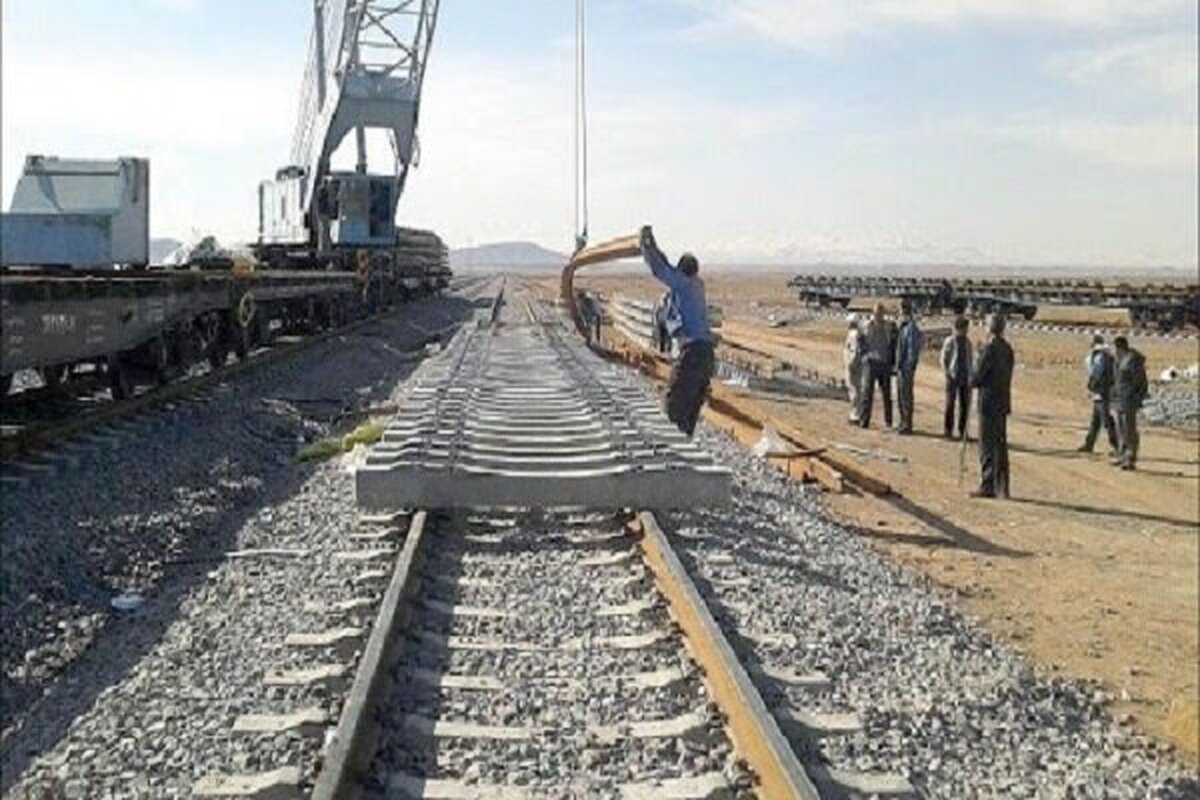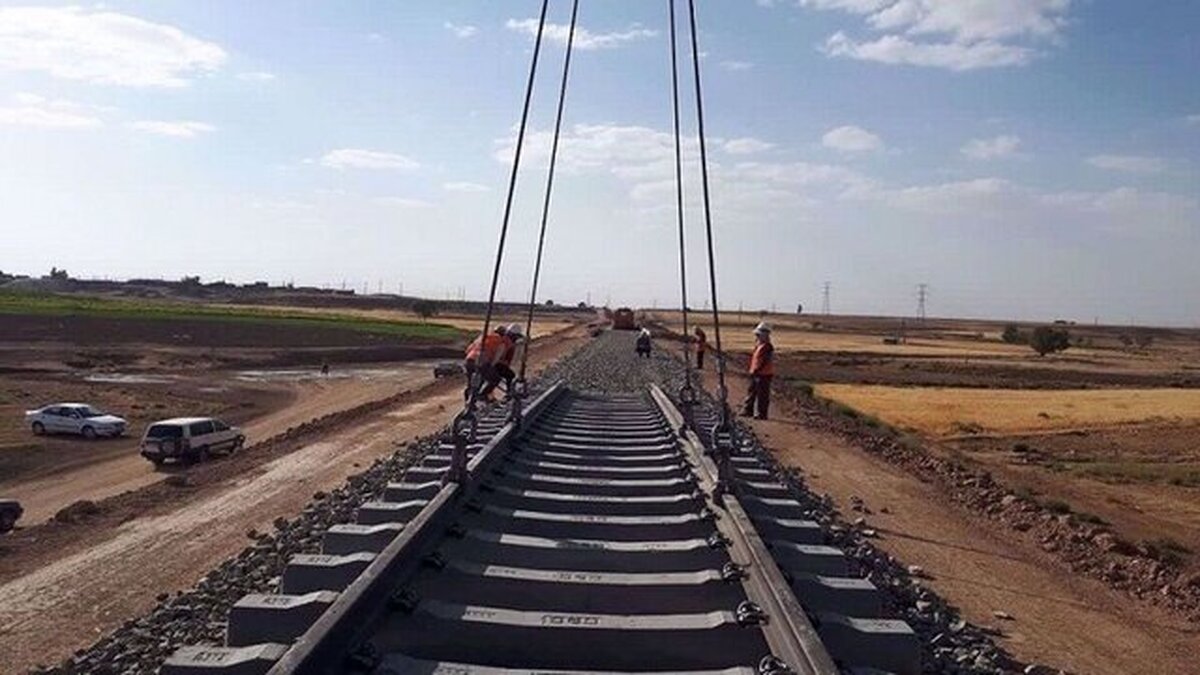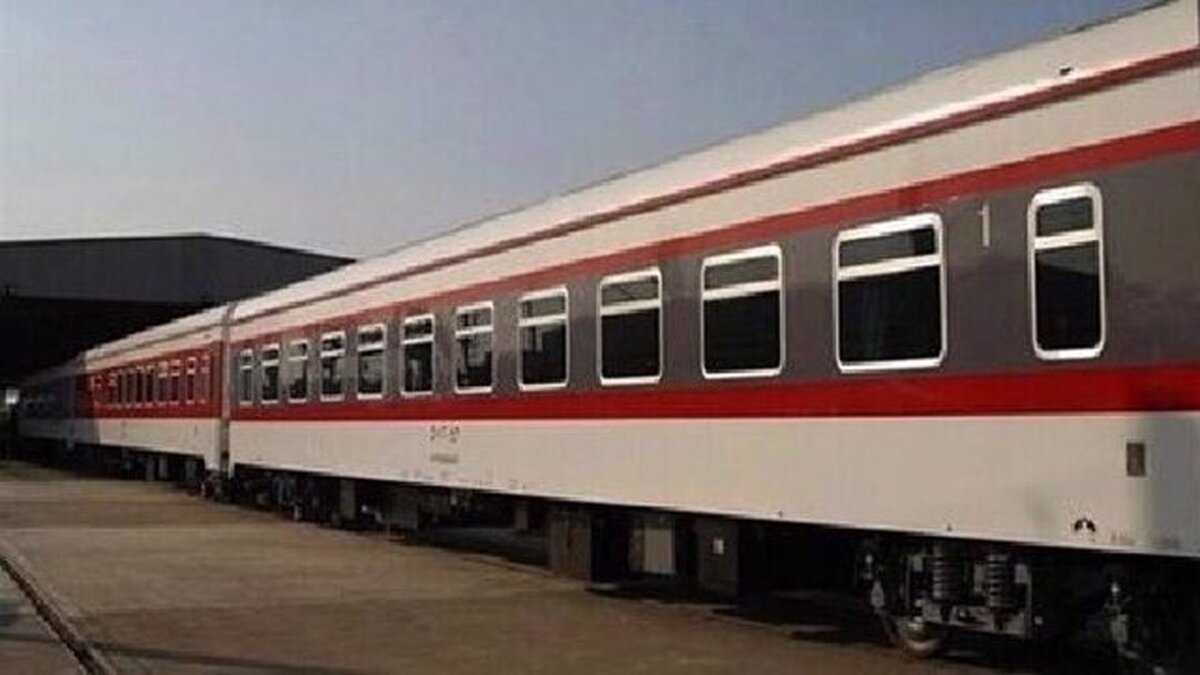
Rail Passenger Trips Down 80%
EghtesadOnline: Passenger rail services have experienced an 80% nosedive during the first half of the current Iranian year (March 20-Sept. 21), inflicting 14 trillion rials ($44.2 million) in losses to the Islamic Republic of Iran Railways and other rail transportation companies, according to the head of IRIR.
“This means that a total of 13.7 million fewer tickets for passenger travels were sold during the six-month period, compared with the similar period of last year, all of which has to do with the outbreak of the Covid-19 pandemic,” Saeed Rasouli was also quoted as saying by IRNA.
The official noted that many passengers cancelled their tickets for the Iranian New Year holidays (started March 20) – the peak season for tourism in Iran – due to the coronavirus outbreak.
“Passenger rail companies gave full refund to close to 1.2 million pre-purchased tickets worth 1.07 trillion rials [$3.38 million]. Moreover, rail passenger transport continued to decline after March, causing a drastic decline in rail passenger companies’ revenues, which were also financially burdened with the task of disinfecting their wagons and facilities, and abiding by related health protocols,” he added.
Rasouli noted that the government promised to grant financial aid worth 9.4 trillion rials ($29.7 million) to rail cargo and transportation companies, saying that out of the 62 companies that applied for these facilities, only seven (two cargo and five passenger transportation companies) have so far managed to receive loans.
Presently, all virus-related protocols and social distancing are being followed and trains are running as scheduled.
The number of rail passengers fell by 94% in the new Iranian year holidays (March 20-April 3) compared with last year’s similar period, according to Mehrdad Taqizadeh, the secretary of Iran’s Guild of Rail Transport Companies.
The Supreme Council of Transport, affiliated to the Ministry of Roads and Urban Development, approved a 20% rise in rail fares as of June 21, according to the official.
“The decision was made in view of the social distancing guidelines of the Health Ministry in light of the coronavirus pandemic and the inflation rate. Passenger trains are now operating at half their capacity; only two passengers are allowed in a four-seater booth,” Taqizadeh was quoted as saying by Fars News Agency.
“As per the directive of the council, supply and demand will determine the fares of five-star trains. Rail companies had asked for a 60% rise in ticket prices, given the social distancing rules and the inflation rate but the council only approved a 20% increase. It also agreed to a 50% rise in the fares of suburban trains.”
Rise in Ticket Prices
In separate remarks, the deputy head of IRIR in passenger transportation, Mir Hassan Mousavi, said the 20% rise in ticket prices has nothing to do with social distancing and restrictions imposed on the number of passengers per train cars, explaining that the increase is in line with inflation rate and increased costs borne by rail companies.
The Statistical Center of Iran's latest report on Iran's inflation shows the average goods and services Consumer Price Index in the 12-month period ending Sept. 21, which marks the end of the sixth Iranian month, increased by 26% compared with the corresponding period of last year.
The consumer inflation for the month under review (Aug. 22-Sept. 21, 2020) registered an increase of 34.4% compared with the similar month of the previous Iranian year.
The overall CPI (using the Iranian year to March 2017 as the base year) stood at 244.3 in the month under review, indicating a 3.6% rise compared with the month before. Month-on-month consumer inflation was 3.5% for the preceding month (July 22-August 21.)
SCI put average annual inflation for urban and rural areas at 26.1% and 25.4%, respectively.




